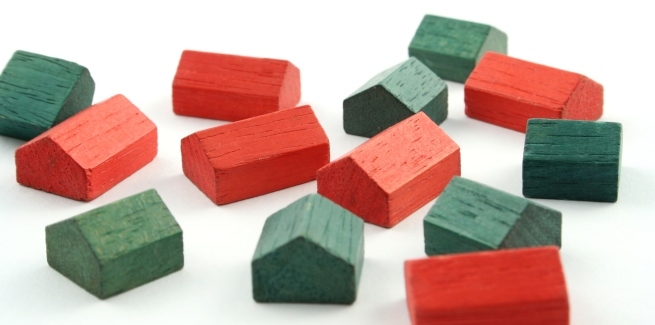The NSW government has made the call in a submission to the ongoing parliamentary inquiry into housing affordability.
It has argued current tax settings, such as the 50 per cent discount on capital gains tax arrangements for property and negative gearing, the ability to offset rental losses against taxable income, have boosted house prices – favoring investors and pushing first home buyers out of the market.
The state government has said while it is considering reforms to address housing affordability such as stamp duty and land tax, federal tax settings such as capital gains tax should also face scrutiny.
“The combination of the range of state and commonwealth property tax settings, including the 50 per cent discount on capital gains tax arrangements for property held for more than 12 months, skews the incentives towards the purchases of properties for investment purposes,” the submission stated.
“These tax benefits of property investment have contributed to the growing housing affordability issue. While the combined effect is likely to be a moderate increase in house prices, the most significant impact is the displacement of owner-occupiers (including first home buyers) from home ownership by tax-advantaged investors, predominantly those already on higher incomes.”
Reviewing the tax settings could help dampen the continued growth in housing prices, reduce speculative pressures in the market, ensure housing is used more for accommodation rather than investment, according to the NSW government.
The Labor Party previously argued for slashing the capital gains discount from 50 per cent to 25 per cent and for limiting negative gearing to new housing only, when it ran in the 2016 and 2019 federal elections, but it reversed out of the policy reforms in July.
If voted into power during the upcoming election, the federal opposition has promised to retain existing property tax settings.
Despite the switch, Treasurer Josh Frydenberg recently told Momentum Media that housing taxes will be a clear issue dividing the two parties at the upcoming federal election.
Other submissions to the housing affordability inquiry have echoed the NSW government.
The Grattan Institute said following Labor’s previous plan to scrap negative gearing and to halve the capital gains tax discount would be the “most direct way” the federal government could improve affordability.
NSW has also proposed the federal government roll out incentives for state governments to undertake property tax reforms.
The state government has weighed up introducing an opt-in land tax that buyers could pay instead of stamp duty and is now considering the views of stakeholders after releasing a progress paper in June.
The change is meant to address the upfront barrier of stamp duty, and to make home ownership more achievable.
For a full-time worker on average annual earnings who saves 15 per cent of their income, stamp duty is estimated to add two and a half years to the time required to save a 20 per cent deposit for an average NSW property.
Further, the government has committed to a home-ownership program for Indigenous households. Up to 100 Aboriginal households will be able to receive grants of up to $2,500 for legal fees and $10,000 to go towards home loan deposits.
[Related: Australian home loans at lowest affordability since 2016: Bluestone]

